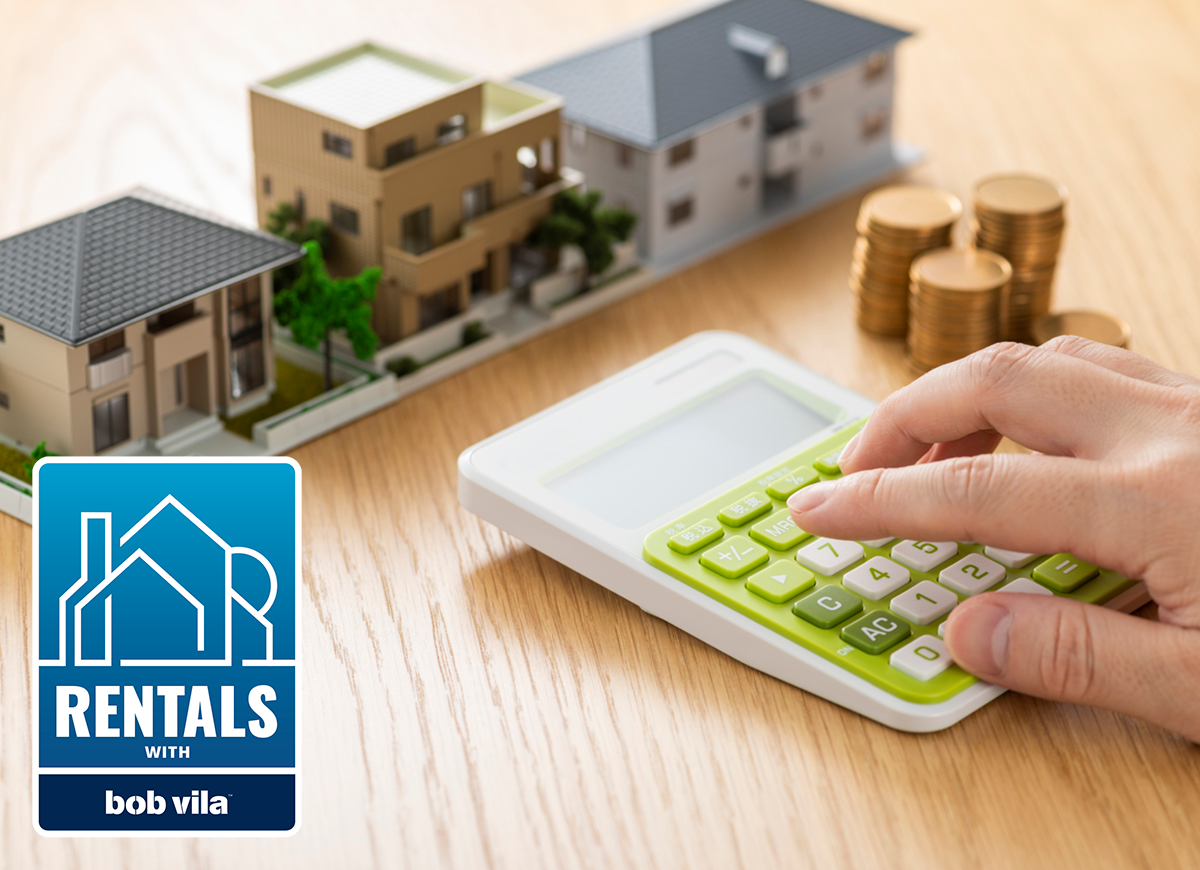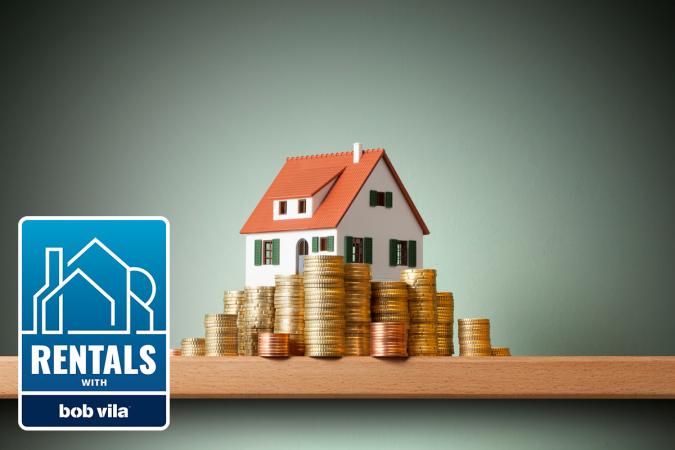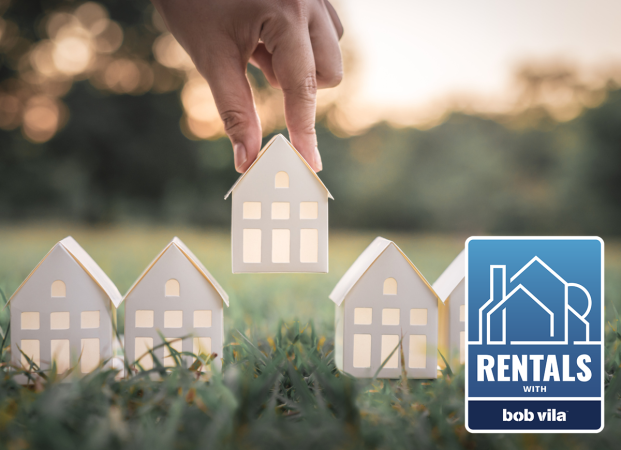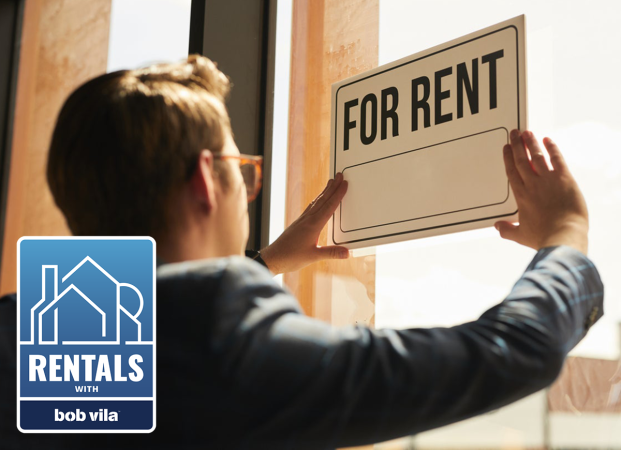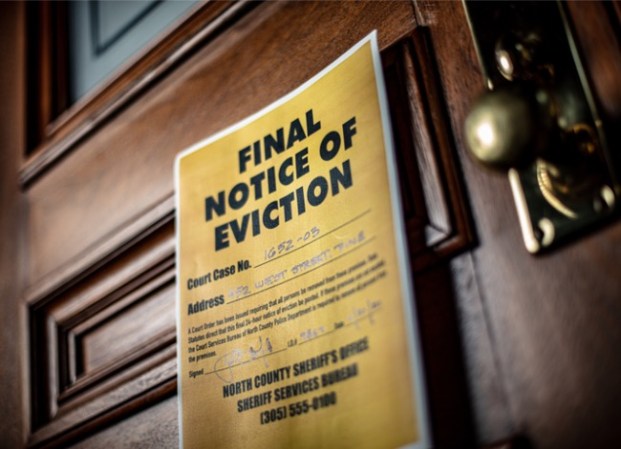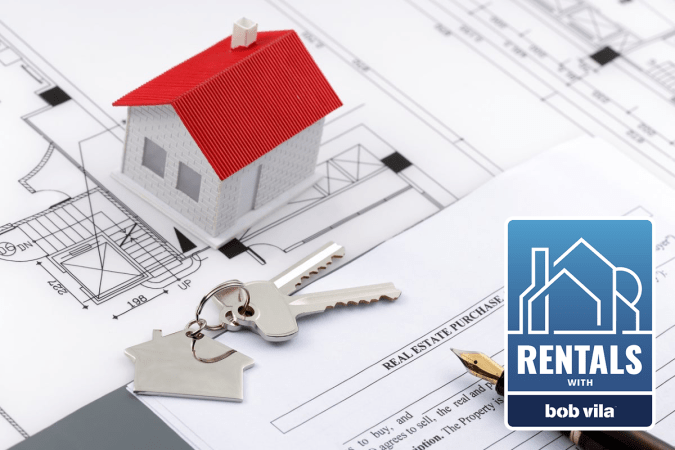We may earn revenue from the products available on this page and participate in affiliate programs. Learn More ›
Welcome to The State of Rentals with Bob Vila, a series dedicated to showing both landlords and tenants the crucial steps in finding the right property, potential challenges with renting, precautions to protect your interests, and ideas for making the most of your next move. We’ve included current market trends mixed with Bob’s tried-and-true advice, our vetted shopping guides, and the behind-the-scenes tips you need to make your rental a home.
Certain principles hold true when buying an investment property, whether you want to become a real estate mogul or simply supplement your income. Purchasing stable, cash-flowing rentals that can give you predictable passive income year after year should be top of the list of how to choose a rental property. Although investors take different approaches to achieve this, specific rules tend to apply for all rentals. Here are the main factors.
1. Location

“Location, location, location” is probably the most important and well-worn maxim when buying real estate, especially rental properties. You want to invest in an area where people want to live so you can generate strong yearly rents. That usually means proximity to employment centers, transportation, and good schools, and in a low-crime neighborhood. If you are buying a vacation rental, the rules change. These are usually near touristy locations or areas of great natural beauty, such as lakes, beaches, the countryside, or theme parks.
RELATED: 9 Ways Your Neighbors Can Screw Up Your Home Sale
2. Buying Right
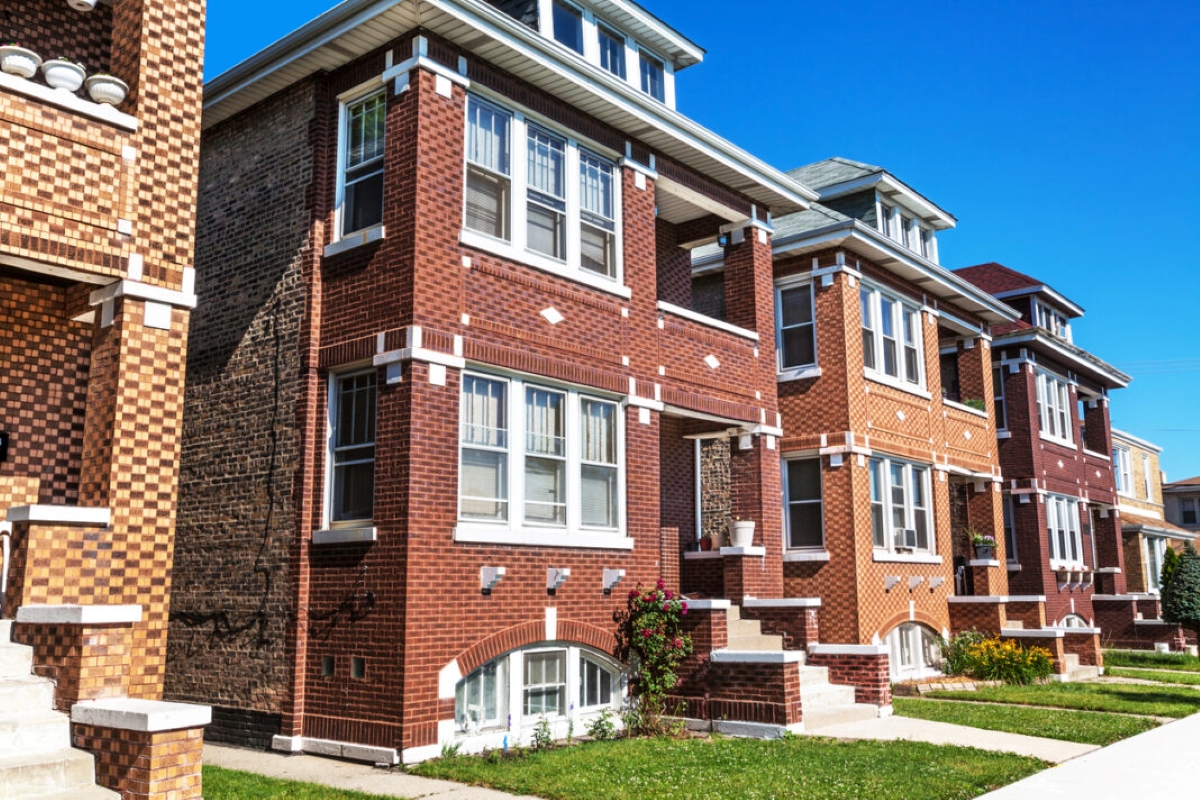
Cash flow is the name of the game when it comes to choosing rental properties. However, there are other things to consider. If you place cash flow above all else, you could be in for a rude awakening. Neighborhoods receive property class ratings from A to D, and both tenant quality and income are included in the decision. Those C and D neighborhoods, on paper, have excellent cash flow because the homes are cheap.
Likewise, properties eligible for government programs such as Section 8 indicate that a home can generate a certain monthly rental number, which indicates these properties could be lucrative. Indeed, when managed correctly with rigorously screened tenants, they can provide a good income for many landlords.
However, when these neighborhoods also are associated with higher crime rates, this can adversely affect rental income through property damage, vacancies, evictions, and foreclosures, and many tenants are unwilling to live in these areas. Thus it makes more sense to do thorough research and buy in better-class neighborhoods, where property prices are higher, and the monthly cash flow is technically less, but the tenant pool is more stable, resulting in greater appreciation and cash flow over time.
RELATED: 15 Tips for Buying a Home Out of State
3. Value Add
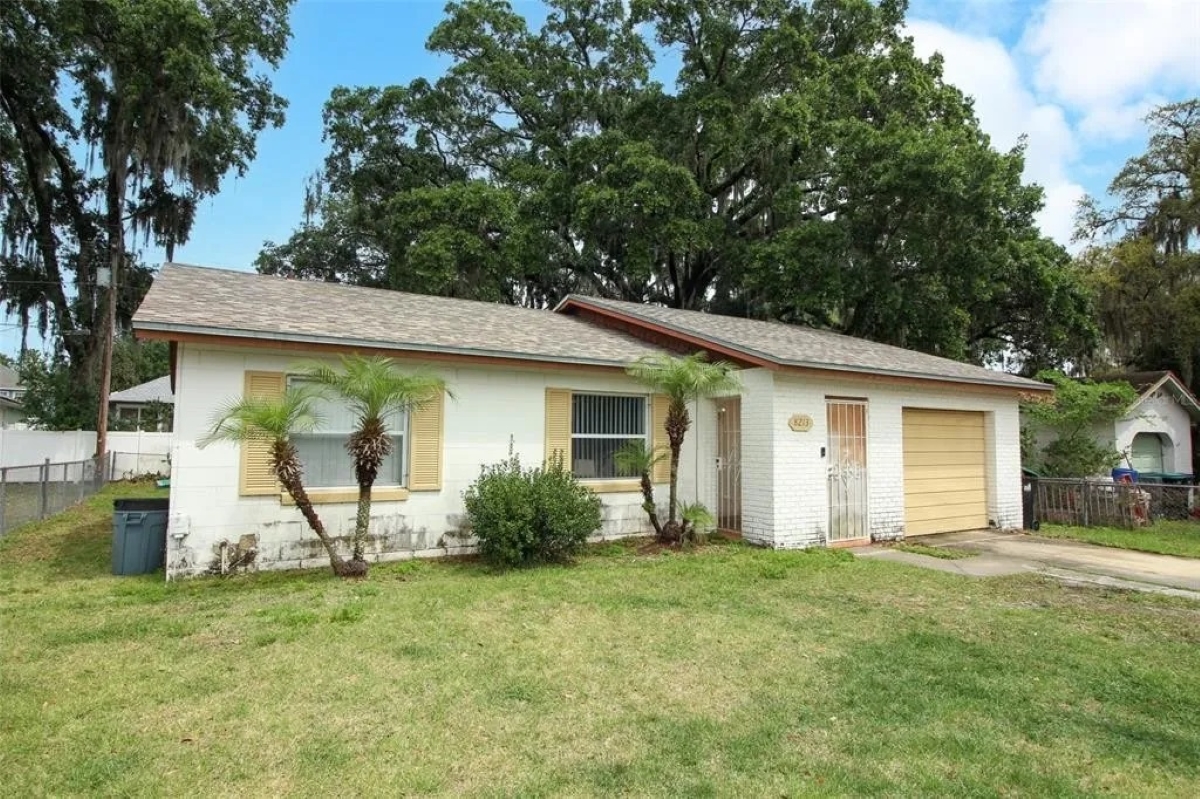
The BRRRR strategy advocates buying a rental property in need of repair for a discounted price, then renovating it and thus adding value and equity, renting it out, and doing a cash-out refinance to repeat the process. It requires thoroughly analyzing neighborhood comparables to gauge an accurate price for your property and good estimation of the renovation budget. One way to save on closing costs is to get your realtor’s license to keep up with ever-changing rules and forgo paying a full commission.
RELATED: The State of Real Estate: A Look Back at What Changed in 2022
4. Financing
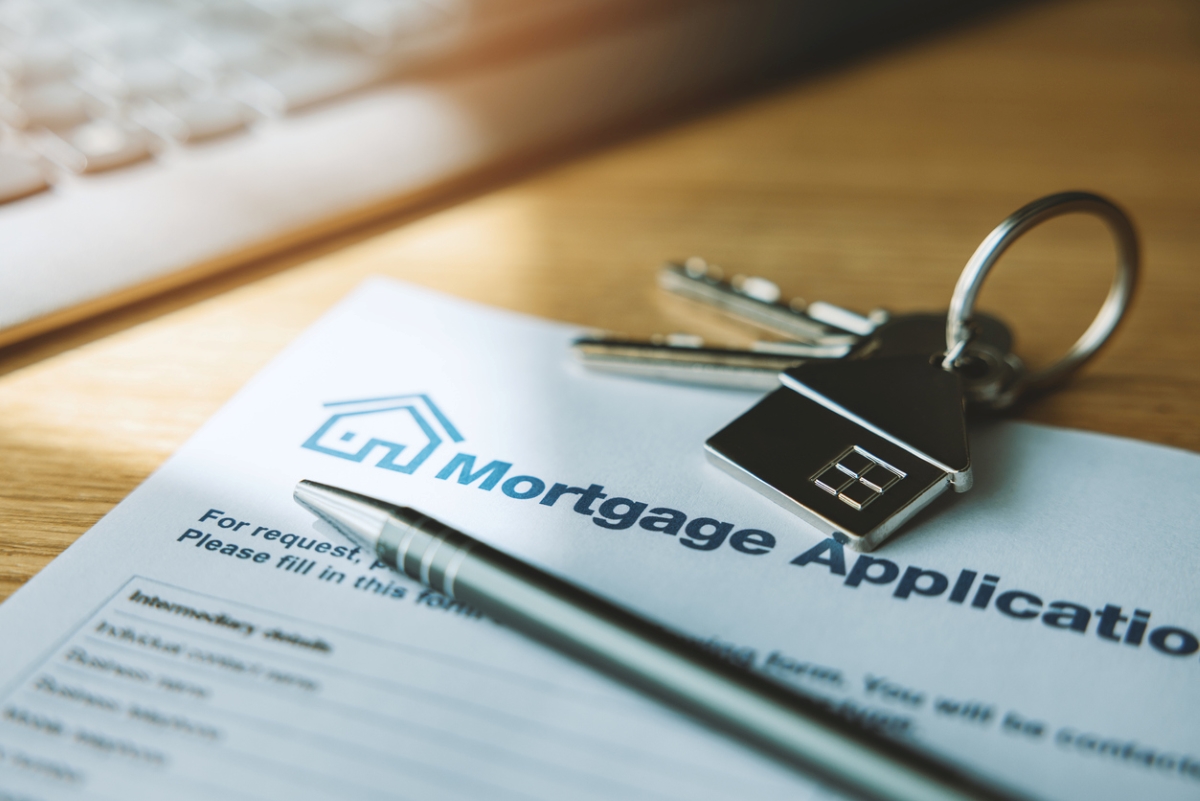
Financing is another key component to increasing cash flow on a rental property. Cashing in a 401K or selling stocks is a way to ensure maximum cash flow by buying a property for cash, even if it means paying capital gains or paying the penalty for selling your assets. An inheritance or savings will also enable you to buy your first property for cash, allowing you to do a cash-out refinance to fund future purchases.
RELATED: How a Comprehensive Short-Term Rental Strategy Can Boost Your Rental Income
5. Credit Score
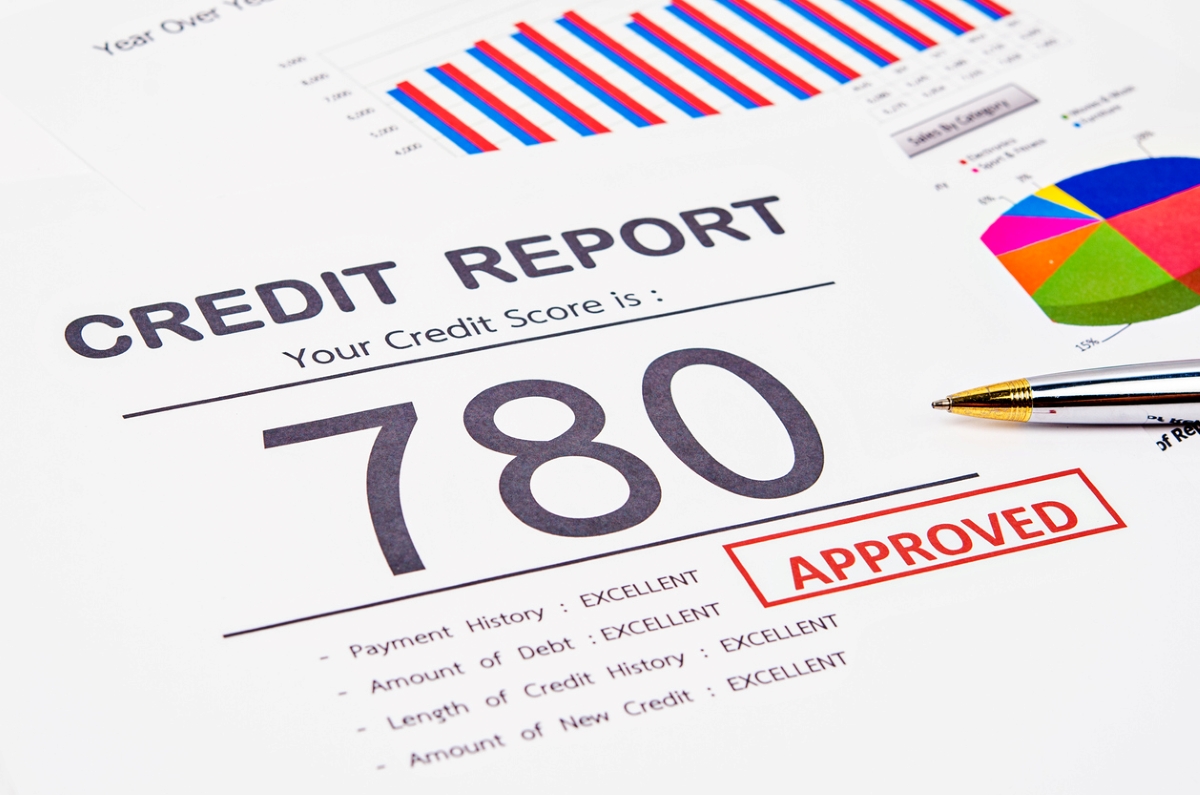
Although a well-known coffee and donut chain might claim that America runs on its products, America actually runs on credit. If you have good credit, you can qualify for lower mortgage rates, which translates into greater cash flow. So before investing in a rental property, make sure your credit is stellar.
RELATED: Solved! What Does Landlord Insurance Cover?
6. FHA Financing on a Multifamily Property
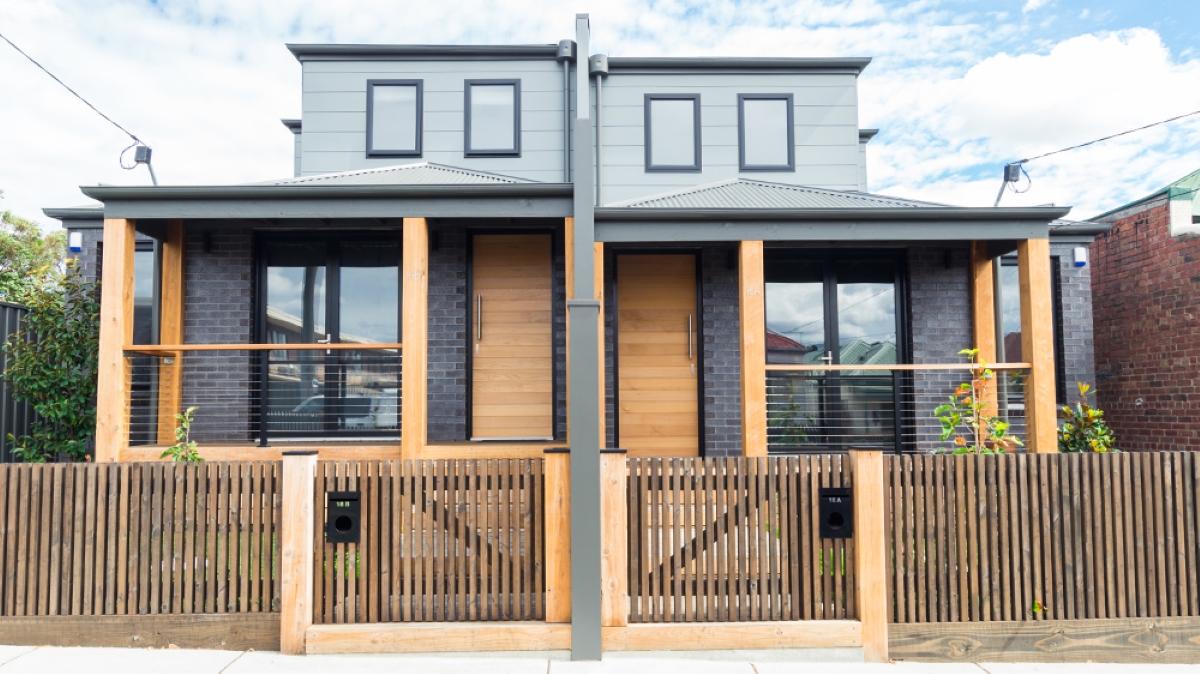
Buying a 1- to 4-unit property with an FHA mortgage allows you to put 3.5 percent down by living in one unit and renting the others, thus paying your mortgage and saving money for future purchases. Living in the same building as your tenants also allows you to keep an eye on repairs and potential problems, saving money by eliminating the need for a property management company.
RELATED: Solved! Should I Get a Home Warranty for a Rental Property?
7. Buying in an Emerging Market
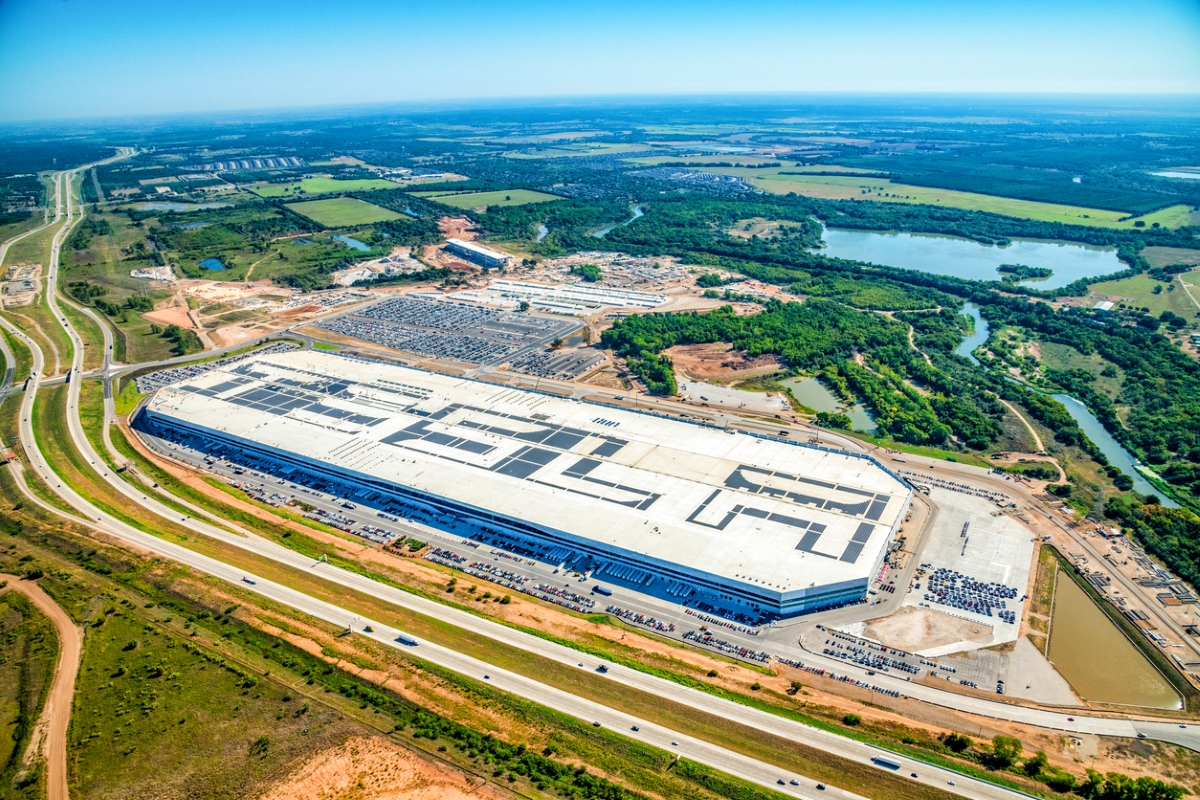
It’s worth doing your homework on prospective neighborhoods when choosing where to buy a rental. Look at local newspapers and city planning websites to see what businesses are coming to an area. If Amazon plans to open a fulfillment center, for example, a guaranteed number of employees will be looking for a place to live. Ditto for new hospitals, universities, home improvement centers, and chain coffee shops. For example, the tech corridor in Austin, Texas, has seen the city explode with new housing. Rents and property prices also have skyrocketed.
RELATED: The 10 Best Cities in the U.S. for House Flipping
8. Having a Team in Place

Having the right real estate team in place—a lender, attorney, title agent, and realtor—will help you streamline the buying process. Talk to other local investors and ask for referrals. You’ll find that certain teams routinely work with one another, which makes life easier for you by not having to act as a coordinator.
RELATED: The Best Rental Property Insurance Companies
9. Property Management

If you have a full-time job, live out of state, or don’t want to deal with the day-to-day oversight of your rental property, you will want to hire a reputable property management company. Ask around real estate investor meetings, conduct online searches, interview several candidates, ask for referrals, and do your homework to ensure the company you choose has the right credentials to do the job. Expect to pay their service 8 to 10 percent of the gross rent. This number could decrease as you expand your property portfolio.

